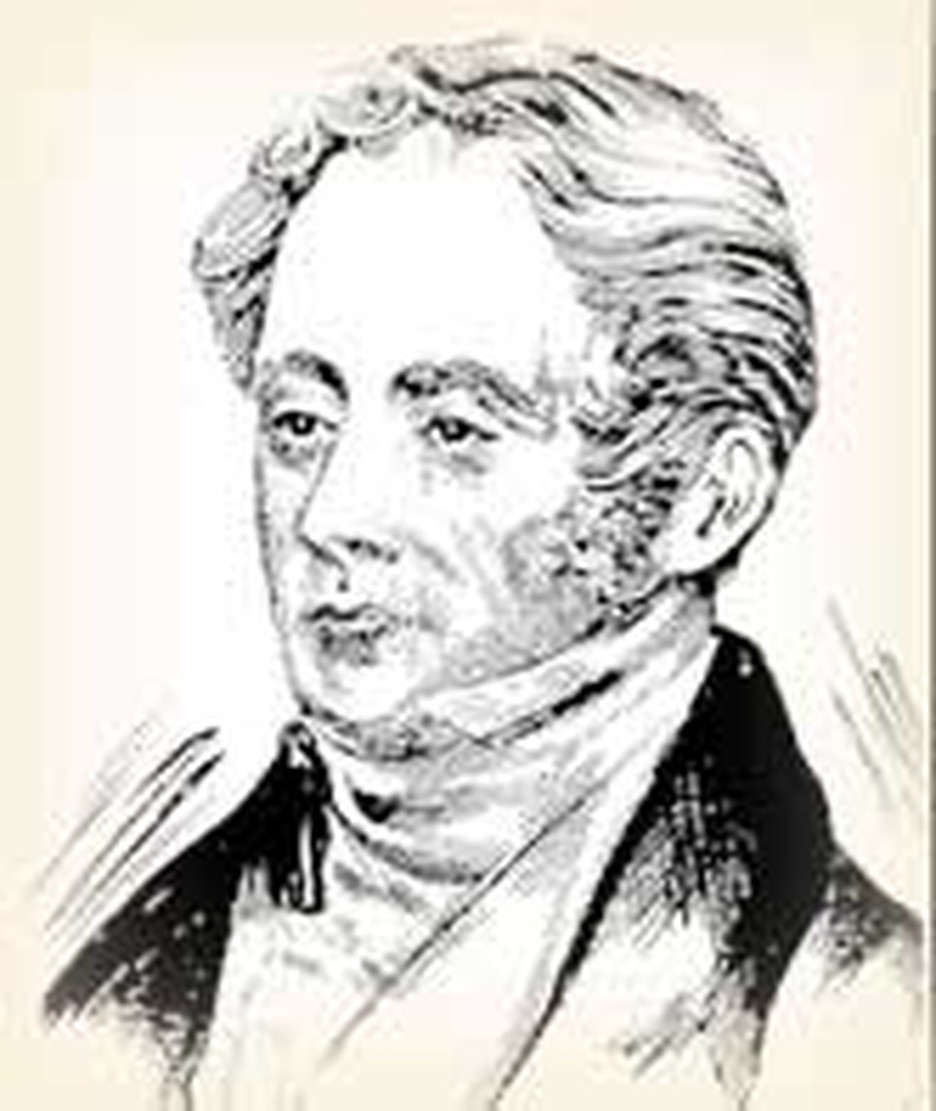
Sir Robert Grant was a busy man of the world--too busy to concern himself with hymns, you might think. He had been born in India in 1779, the son of the East India Company's director, Charles Grant, a man associated with the Clapham Sect (a group of evangelical social reformers from Clapham, England).
Born in the colonies Robert may have been, but it was in Magdalen College at the University of Oxford that he completed his higher education. He was admitted to the bar in 1807--which meant he could practice law. The following year, the 29-year-old won a seat in Parliament.
He remained in Parliament for many years. Like his father, he was deeply concerned with social issues. Through his persistent efforts a bill was eventually passed which emancipated England's Jews. He fought for other minority groups, too. In the meantime, he was a strong supporter of world missions and influential among evangelicals in the Church of England. He sketched a history of the East India Company. Yet somehow, he found time to write hymns.
In fact, he wrote a hymn which is considered one of the greatest in the English language. Reading William Kethe's translation of Psalm 104 in a 1561 psalm book prompted Robert to write his own version of the psalm, familiar to millions of church-goers.
O Worship the King all glorious above!
O gratefully sing his power and his love,
Our Shield and Defender, the Ancient of days,
Pavilioned in splendor, and girded with praise.
Robert accepted a high position in the East India company. One thing led to another. He was asked to be governor of Bombay and accepted. He took over his new duties in 1834. As governor, he had opportunity to put his social concerns into practice, for the poverty and spiritual condition of the common people were appalling. Among his accomplishments were the opening of several new roads, an inducement to commerce.
He held the governorship only four years, dying on this day, July 9, 1838 at the young age of 59. In that time, the people came to love him. When Sir Jamshedji a well-known Parsi (a person of the Zoroastrian faith), built a medical college, he gave it Robert Grant's name. It is the second oldest medical college in India.
The year after Robert's death in 1838, his brother Charles printed Sir Robert's twelve hymns in a slender volume called Sacred Poems. The only one which is still sung by many people is "O Worship the King."
Bibliography:
- Brown, Theron and Butterworth, Hezekiah. The Story of the Hymns and Tunes. New York: George H. Doran, 1905.
- Covert, William Chalmers and Laufer, Calvin Weiss. Handbook to the Hymnal. Philadelphia: Presbyterian Board of Christian Education, 1936.
- Haeussler, Armin. The Story of Our Hymns; the handbook to the hymnal of the Evangelical and Reformed Church. St. Louis, Missouri: Eden Publishing, 1952.
- Maddison, Miss V. "Focus on Worship and Community." http://freespace.virgin.net/jamesimac.mcglynn/ tfeb02/tbc.htm
- "O Worship the King." http://www.sermonaudio.com/hymn_details.asp? PID=oworshiptheking
- Routley, Erik. Hymns of the Faith. Greenwich, Connecticut: 1956.
- Wells, Amos R. A Treasure of Hymns; Brief biographies of 120 leading hymn- writers and Their best hymns. Boston: W. A. Wilde company, 1945.
- Various internet articles.
Last updated July, 2007


